15 Songs You Completely Forgot Are Covers Of Other Songs
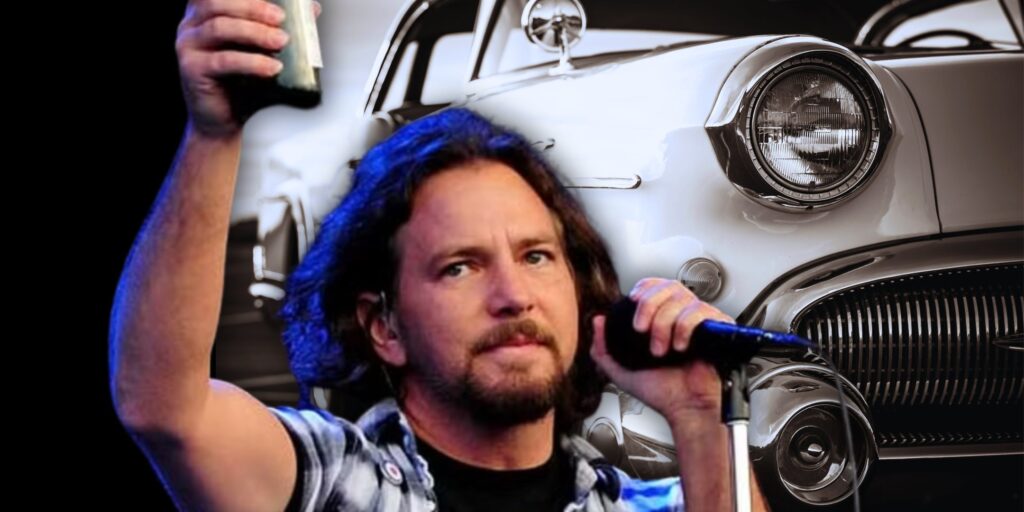
When we think of most artistic or creative work being copied, it’s difficult to get very far into the conversation without considering the topic of plagiarism. And rightly so, as it’s never usually acceptable to present the work of another person as your own.
But music is one of the few available avenues where it’s possible to duplicate and turn replication into inspiration through cover songs; the troubling instead becomes a thoughtful tribute. Think of all the times you enjoyed and resonated with a song only to later find out it was originally created by another artist. And that tribute can grow to be so dynamically and soul-bearingly true to another musician that the result can wind up feeling and seeming pseudo-original.
1
Nirvana, “The Man Who Sold The World”
Taking Bowie To The Grunge’s Edge
Written and recorded by David Bowie for his third studio album of the same name in 1970, “The Man Who Sold The World” has a certain British-leaning, lightly psychedelic edge with a youthful sense of mystery that would prove typical of Bowie’s style in the years that followed. This was not Bowie at his peak, but it showed a young man who was already willing to go against the grain.

Related
The Batman: 10 Best Uses Of Nirvana Songs In Film & TV
The Batman uses ‘Something in the Way’ to brilliant effect, but it’s not the first time a filmmaker has included a Nirvana song on their soundtrack.
Nirvana and lead man Kurt Cobain certainly had the same grain-resistant ideology when they recorded their cover of “The Man Who Sold The World” in 1993 for MTV Unplugged. Though, in Cobain’s case, he takes on the visage of the older soul here in this grittier take, who is wistful at where this path has brought him. He’s like the man who’s sold his world with regrets to get here, and with his death not long after this recording, that weight feels even more moving to listen to now compared to Bowie’s original.
2
Ryan Adams, “Wonderwall”
Slowing Down Oasis’ Pop With Emotion
Famously prickly English rock-and-rollers Oasis dropped one of the biggest and arguably most overplayed tracks of their career (and the ’90s) with “Wonderwall,” from 1995’s (What’s The Story) Morning Glory?. “Wonderwall” has a brightly infectious Britpop arrangement that feels hopefully optimistic in a lyrical depiction of someone close to the narrator whose closeness is keeping them afloat through rough waters.
Meanwhile, the depiction of “Wonderwall” by equally prickly alt-country troubadour Ryan Adams off of his 2004 album Love Is Hell flips the script of this song’s story intentions. Adams slows “Wonderwall” down and delivers it with more doubt, more worry about the supposed support this narrator feels their close person is giving them. Adams still expresses his belief in being saved, but in a way that feels like someone falling down a pit of slow-gathering despair. Adams put such a convincing twist on “Wonderwall” that even Oasis themselves were impressed with the reinterpretation’s definitive feeling.
3
Johnny Cash, “Hurt”
Taking Reznor’s Darkness Darker
Nine Inch Nails originated the song “Hurt” on their 1994 album The Downward Spiral. Lead singer Trent Reznor wrote the closing track around dark themes, including drug addiction, self-harm, and a young man trying to keep control of himself as his vices are spinning him out again and again. It’s a song of harshness and struggle.
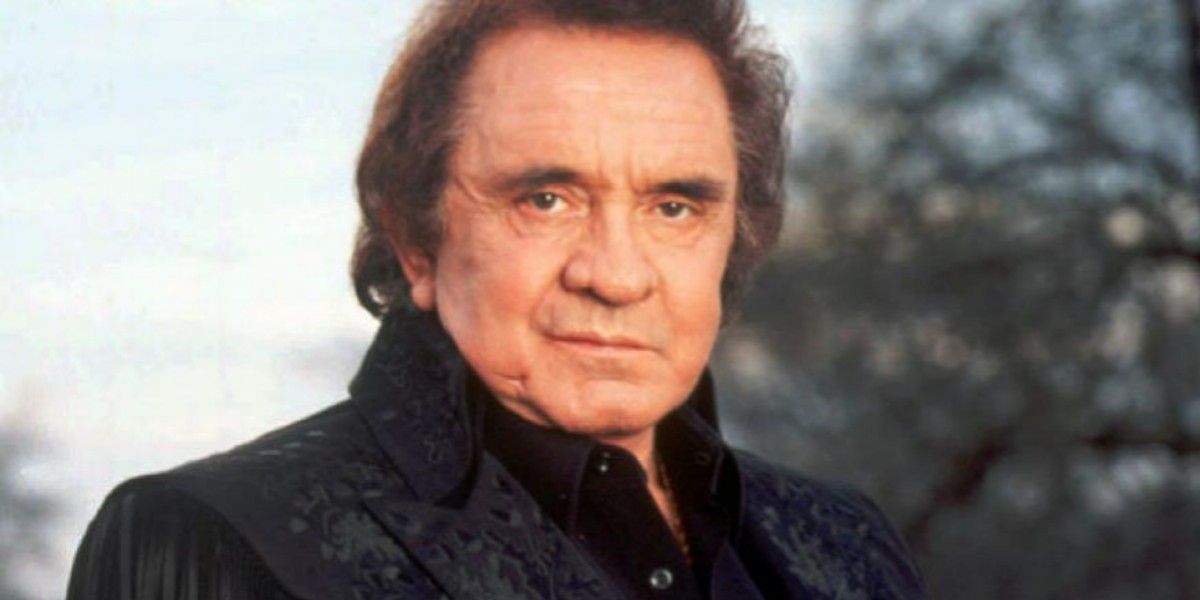
Related
Johnny Cash’s Reason For Wearing All Black Was A Lot Deeper Than Fashion
The Man in Black moniker was about much more than just a clothing color preference when it came to the life and philosophy of Johnny Cash.
When country music legend Johnny Cash covered “Hurt” in 2002 during his storied series of American Recordings collaborations with famed producer Rick Rubin, it was nothing short of a revelation. The prolific darkness in Reznor’s words turned from a young man’s trials to the regrets of an old man facing down the specter of death. Cash’s music video only injects more power into this imagery, going from visions of his youth back to his now-wizened exterior, more experienced but hardened and scarred by a thousand wounds. Reznor and Cash give “Hurt” the harsh full circle of life’s two sides.
4
Jeff Buckley, “Hallelujah”
Cohen’s Spiritual Ascends To Buckley’s Heaven
The great Canadian singer-songwriter Leonard Cohen created his shambling spiritual “Hallelujah” for his 1984 album Various Positions, which lyrically seems to reside somewhere between the Biblical and the bodily physical. It has a certain knack for secular-type poeticism that tends to reside with one foot in and one foot outside the chapel, guided by Cohen’s trademark baritone storyteller as the steeple preacher.
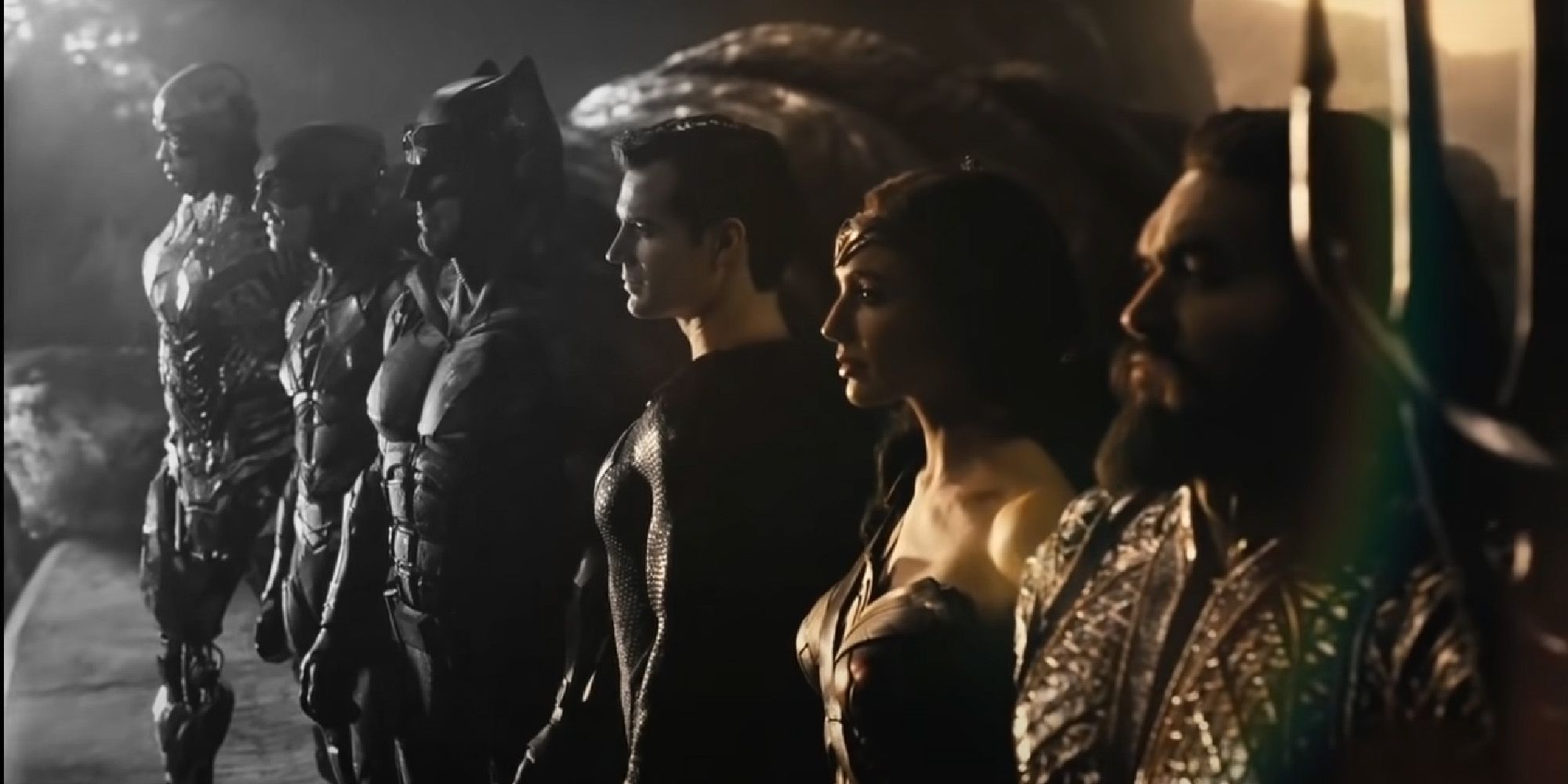
Related
Zack Snyder’s Justice League Ending Is Scored To Leonard Cohen’s Hallelujah
Zack Snyder’s Justice League will end with Leonard Cohen’s “Hallelujah,” a song that holds special significance for Snyder and his work on the film.
Jeff Buckley, meanwhile, took his own crack at “Hallelujah” on the only studio album he’d wind up recording during his lifetime, 1994’s Grace. Layered by a plucked electric guitar and a sprightly voice that could reach from the floor to the float of the rafters, Buckley had a certain type of magic to his talent that was tragically cut short by his 1997 drowning death. “Hallelujah” became otherworldly under the sharp steel of Buckley’s gazing sword, and over three decades later, it feels like he still owns the pure soul of “Hallelujah.”
5
Whitney Houston, “I Will Always Love You”
Uplifting A Somber Country Croon
The song “I Will Always Love You” was first brought to life by country music matriarch Dolly Parton in 1973, often stated to have been written on the same day (or close to) Parton’s writing of her hit song “Jolene.” Parton had written the song as a farewell to her beloved business partner of the time and mentor, Porter Wagoner, a country music icon in his own right. Parton’s original has a winsome sweetness to it that echoes with all of Dolly’s usual musical charms.
But Whitney Houston took “I Will Always Love You” to the next level with her 1992 rearrangement of the track for the soundtrack of her film debut, The Bodyguard. Houston had a voice of pure gold in her prime performing years, and this song is arguably her brightest diamond from that time. The R&B arrangement of it never plays too aggressively and allows Houston’s voice to carry the weight of “I Will Always Love You” all the way to the promised land. And heaven came down to Earth with Houston’s pure ability here.
6
Janis Joplin, “Me And Bobby McGee”
The Gritty Drifter’s Lament
The timeless traveler’s anthem “Me and Bobby McGee” was written by musician and actor Kris Kristofferson and first recorded by musician Roger Miller in 1969, with Kristofferson bringing his own version to tape in 1970. Kristofferson’s take is a gentle thing on the acoustic guitar, lending more to the compass direction of the lyrics and his soft voice than to any overwhelming musicality.
Janis Joplin recorded her own “Me and Bobby McGee” in 1970, not long before her death, and released posthumously in 1971 on her album Pearl. And while the storytelling element of these lovelorn drifters feels largely the same on Joplin’s recording, she adds another layer to its power through the aggressive, no-nonsense pull of the sand-grit vocals that made her so unique. Joplin’s take became so definitive because of how much it grabs your ear and makes you listen to this story’s path.
7
Tina Turner, “Proud Mary”
Taking The R&B To CCR
Creedence Clearwater Revival and lead singer John Fogerty certainly had their fair share of highlight hit songs written over their relatively short tenure as a band, with “Proud Mary” shining as one of the brighter gems in their crown. The track succeeds in the band’s typical Southern-fried rock style, with Fogerty’s gruff narrator telling the tale of escaping a steady but unfulfilling job to hitch a ride on a boat and finally start seeing “the good side of the city.” This is Creedence doing Creedence well.
But when Tina Turner took on “Proud Mary,” the song rolled into a seismic new shift. Tina first recorded the song in 1971 as a duo with her then-husband Ike, but later re-recorded the song as a solo act after divorcing Ike and escaping from the relationship’s abuse. Not only did Tina take the arrangement of “Proud Mary” into unprecedented fast and slow turns, she also filled the song with the emotion of her real life (or so it felt like anyway).
Fogerty made up the narrator escaping an unfulfilling life to find better things; Tina Turner lived leaving it all behind to find her better world. And she got the chance to turn hardship and career uncertainty into the explosion of triumph with “Proud Mary.”
8
Joe Cocker, “With A Little Help From My Friends”
The Beatles Hit With A Thundershock Of Blues
The Beatles
debuted “With a Little Help from My Friends” on their more conceptually toned album Sgt. Pepper’s Lonely Hearts Club Band in 1967, as one of the few songs in the Liverpool group’s catalog to have drummer Ringo Starr on lead vocals. The original is a twee, bouncing bit of Britpop anthem, certainly not at the top of deeper Beatles works, but it showed that The Fab Four still knew how to have fun and show off their lighter side as their depth as a serious band grew.
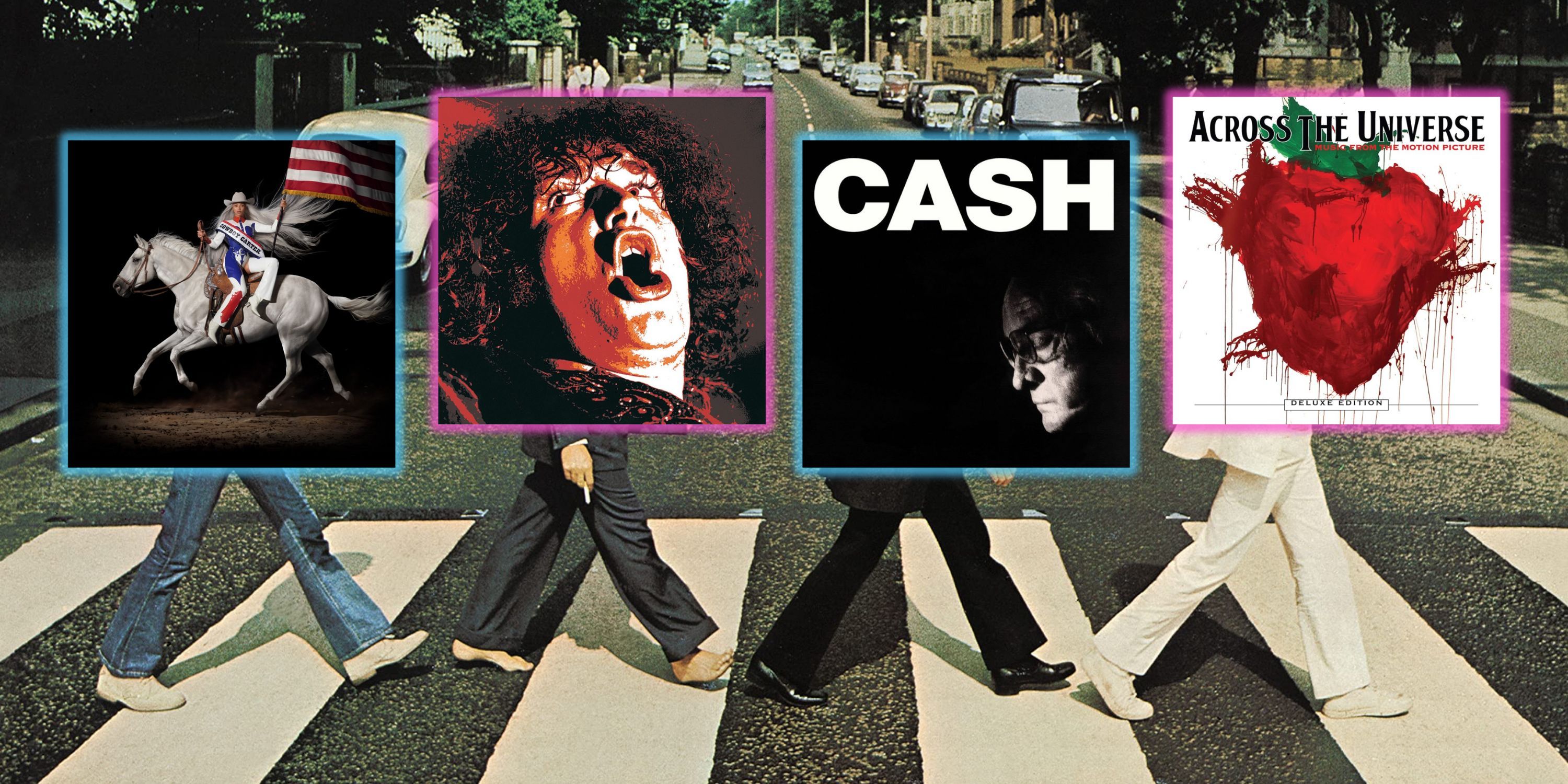
Related
10 Beatles Covers That Improve On The Originals
There’s no question the Fab Four wrote incredible songs, but in the years since, quite a few musicians have put an incredible new spin on things.
A year later, in 1968, soulful blues singer Joe Cocker took “With a Little Help from My Friends” and recorded it for his 1969 album of the same name with an entirely flipped arrangement. Instead of a track with a sweet swing to it, Cocker’s version is deep, dark, and soulfully torn up inside. That happy pep of the original becomes a moody twilight and evokes whole new layers never imagined in the conception of Starr’s take on it.
9
Ray Charles, “Georgia On My Mind”
A State’s Deep Ode
Jazz musician and composer Hoagy Carmichael first created the lyrics to the song “Georgia On My Mind” in 1930 along with roommate Stuart Gorrell. Carmichael recorded the light, swingy jazz song the same year, with some debate over whether the words refer to the state of Georgia or Carmichael’s sister, whose name was Georgia. But “Georgia On My Mind” would truly begin to find its popular footing three decades later in the hands of a Georgia-born icon.
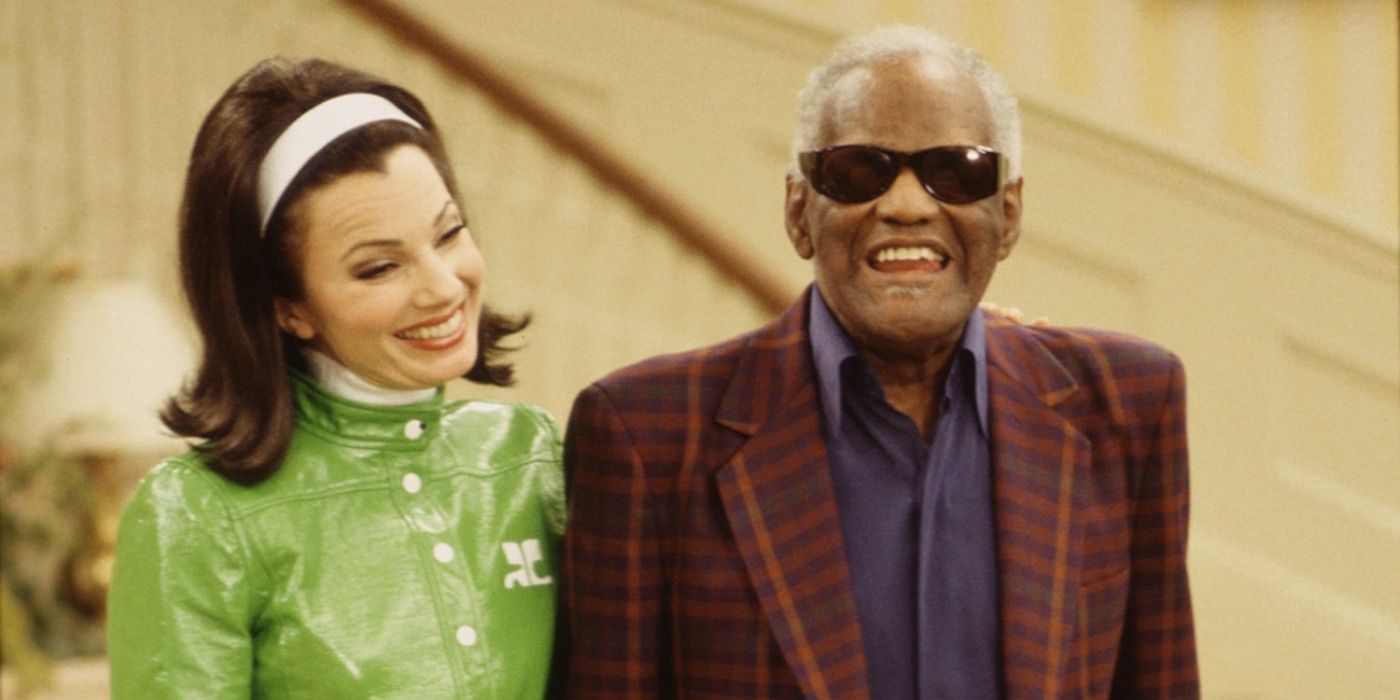
Related
Ray Charles’ The Nanny Character Explained
Besides being one of the most important figures in music history, Ray Charles also played a small but pivotal role in the classic sitcom The Nanny.
In 1960, renowned singer and piano player Ray Charles chose to cover the song for his album that year called The Genius Hits the Road. And as with other covers Charles delivered throughout his career, he could sell them definitively as his own because Charles could just about sing the phone book and do it with emotional conviction. His rendition of “That Lucky Old Sun” is similar; “Georgia On My Mind” feels like a love letter to his home. It’s no wonder Georgia itself chose to make this version the state song.
10
Sinead O’Connor, “Nothing Compares 2 U”
The Funk Turns Pop Crooner
In 1984, famed funkateer Prince recorded a demo for a song called “Nothing Compares 2 U” that he later gave to a band he helped form called the Family. The group recorded the song for an album called The Family in 1985, and Prince’s demo of the track was ultimately released on a 2019 compilation called Originals. But while each of those versions have their basic synth-pop merits, it was a small Irish singer-songwriter with a big voice that put “Nothing Compares 2 U” on the map.
Sinead O’Connor’s 1990 studio album I Do Not Want What I Haven’t Got prominently featured this song as a single, and with its release came global acclaim. “Nothing Compares 2 U” lives on as O’Connor’s most successful single, and deservedly so. The track’s themes of loss were amplified by such real pain and heartbreak in O’Connor’s voice that no other version has ever begun to touch. Her inspiration was supposedly brought on by the loss of her mother to a car accident, and the vocal take echoes this with such saddening brilliance.
11
Bonnie Raitt, “Angel From Montgomery”
A Perfect Baton Pass From Prine
In 1971, legendary singer-songwriter John Prine first introduced the world to his song “Angel From Montgomery” on his self-titled album John Prine. The track was a pitch-perfect example of Prine’s exemplary powers with the pen over his lengthy career. He tells the story of a tired older woman who is ready to leave the life, marriage, and existence that have worn her down so profoundly. Prine doesn’t need his voice to make you believe, you just need to listen and marvel at his storytelling powers.
In 1974, Bonnie Raitt first covered the song for her album Streetlights, and began her journey with the song that feels as though she embodies this character. With Prine, he tells the story as an author of a woman he knew or a woman he heard about and her heartbreak. With Raitt, this feels like her movie or stage play with her as the title character. The ache, the soul, the sadness and longing, Raitt has only made the song more bluesy and profound as she’s aged. You’re living this with her.
12
Willie Nelson, “Always On My Mind”
A Country Musician’s Calling
Country musicians Wayne Carson, Mark James, and Johnny Christopher were the trio who composed the famous ballad “Always on My Mind,” which was quickly covered for the first time in 1972 by artists Gwen McCrae, Brenda Lee, and Elvis Presley, along with a host of others over the years since. Most have chosen to approach the track as a slow and methodical ballad in the country style, but time and again there’s one cover of “Always On My Mind” that’s long felt like that artist’s signature song.
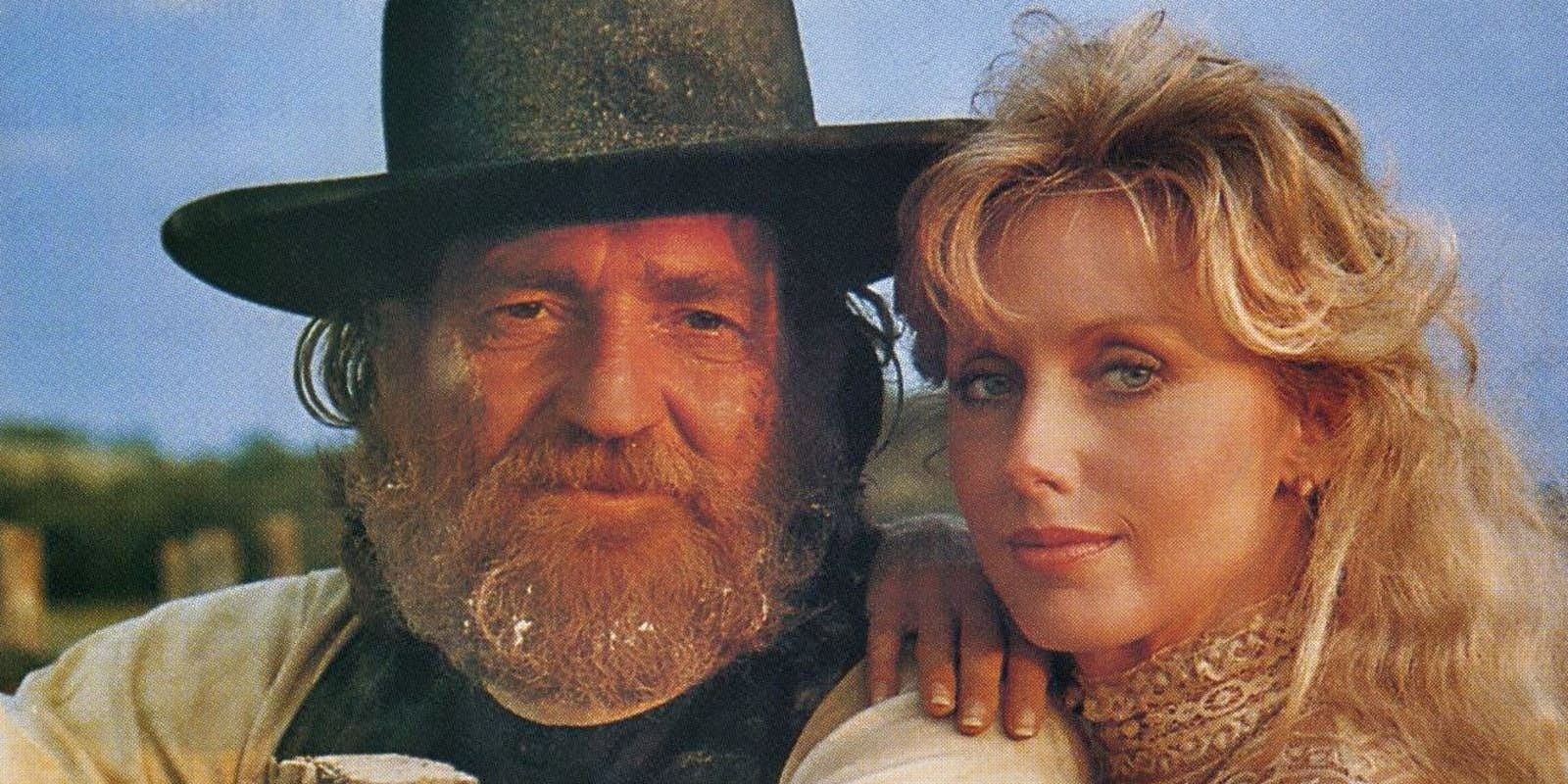
Related
Willie Nelson Western Red Headed Stranger Adapted His Album Of The Same Name
Willie Nelson’s Red Headed Stranger is a western from 1986 which is also based on his famous album of the same name. Here’s the adaptation explored.
And that’s the 1982 version put out by the iconic country singer Willie Nelson. Nelson’s version for an album of the same name not only shot up to top the charts and win Grammy Awards, but the narrative felt like it fit Nelson like a glove. His voice and style have an authentic feel that makes stories like these feel like stories from his own heart. Add in a quick solo here from Nelson’s signature guitar Trigger, and you’ve got a hit.
13
Adele, “Make You Feel My Love”
Gruff Poetry Gets A Loving Polish
In 1997, famed singer-songwriter Bob Dylan experienced what many dubbed a career comeback with the release of his album Time Out Of Mind. Working with noted producer Daniel Lanois, Dylan found himself back on top again through the strength of songs like “Make You Feel My Love,” which showed that the older, rough-around-the-edges Dylan could still show off his warmhearted inner poet against a piano backbeat. Even if the words were a bit buried beneath Dylan’s aged sandpaper vocals.
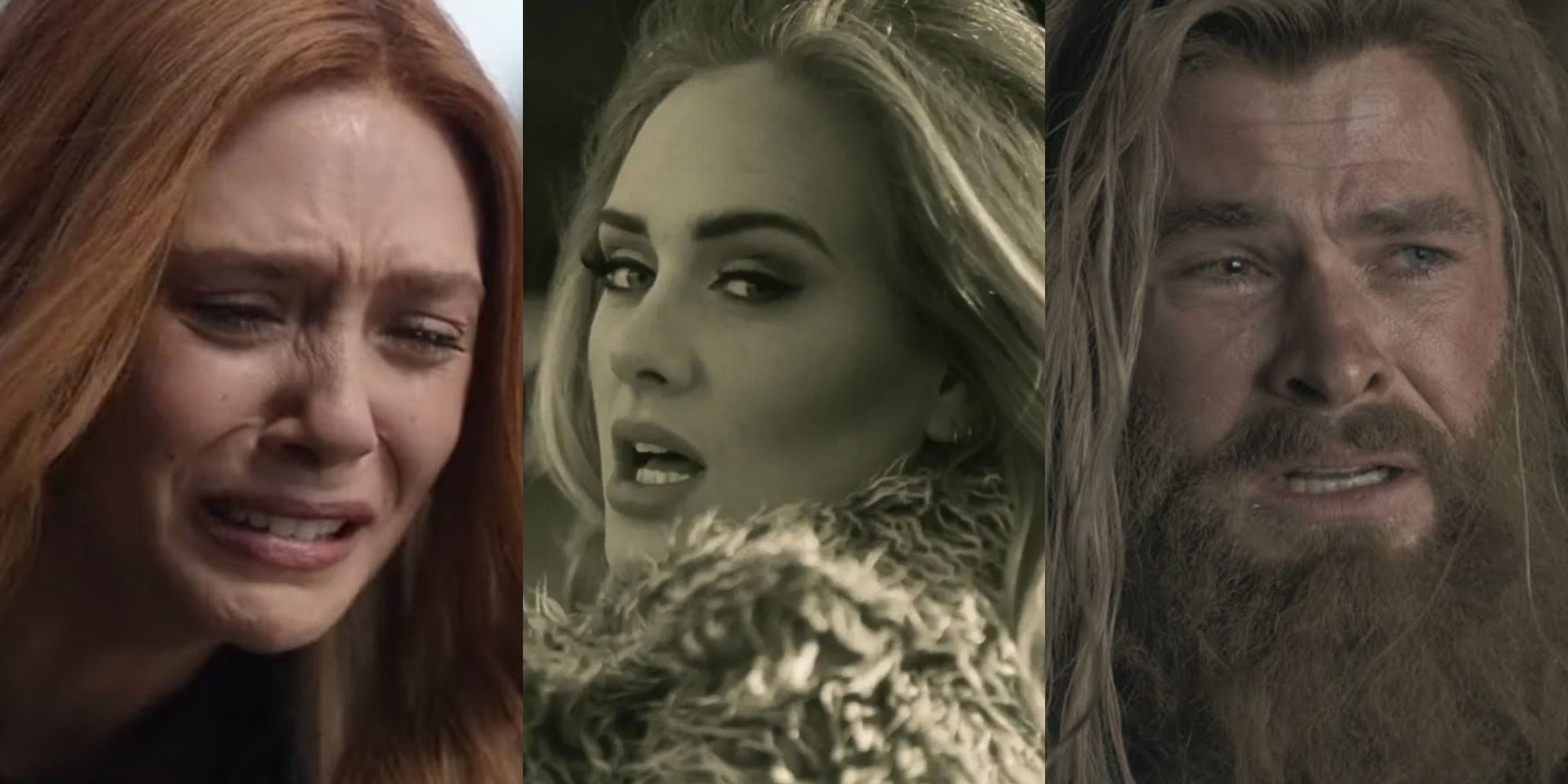
Related
MCU: 10 Adele Songs The Avengers Probably Cry To
Nobody knows about heartbreak as Adele does, and these MCU superheroes definitely cry hearing her songs and thinking about their loved ones.
Fortunately, British musician Adele more than took care of that issue with her evocative, crooning cover of “Make You Feel My Love” on her 2008 debut album 19. The gems that lyrically lie beneath in Dylan’s version are brought out and shown to the morning sun’s surface with Adele’s edition of this song. It’s almost hard to believe Adele’s voice was already this good at this young age.
14
Pearl Jam, “Last Kiss”
Adding Depth To The Oldies
Singer-songwriter Wayne Cochran first recorded his song “Last Kiss” in 1961. This came after several years of trying to finish writing the story song about a young man who loses his girl in a tragic car accident on their first date. The original is a bit of a light, bluesy, Buddy Holly-ish type of piece that almost seems perhaps a bit too light in approaching this type of heavier subject matter. As though it lacks a bit of needed impact to make “Last Kiss” work properly.
That depth certainly feels more fleshed out with the band Pearl Jam’s take on “Last Kiss,” which was released on both a 1999 charity album as well as the group’s LP of 2003 rarities called Lost Dogs. The arrangement hits with more snap, and noted vocalist Eddie Vedder trades Cochran’s lighter, almost spoken-word singing and replaces it with vocals that evoke genuine aching at the tragedy laid out within the lyrics. It gives “Last Kiss” the due measure of sadness that makes it harder to listen to, but in a good way.





